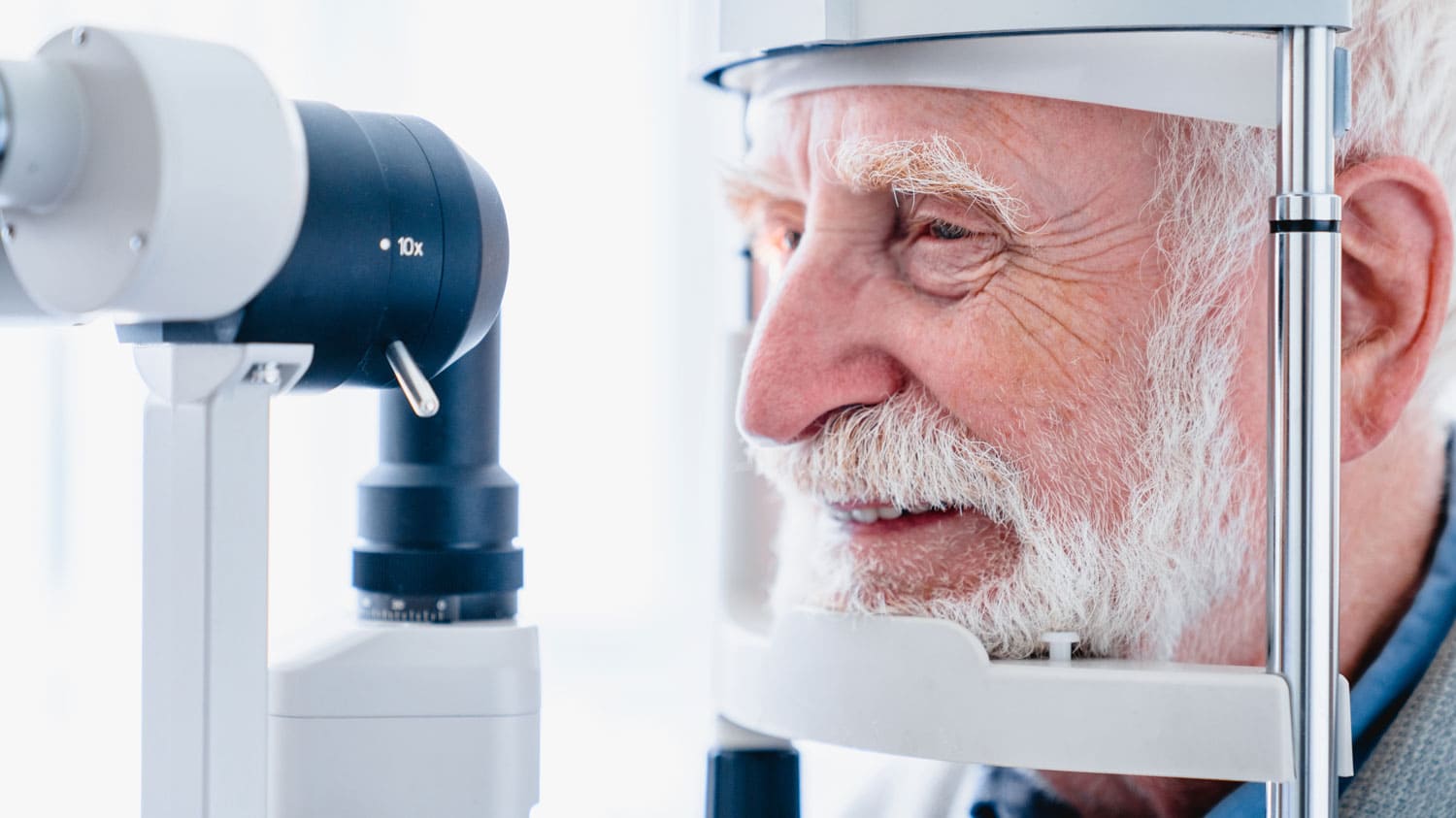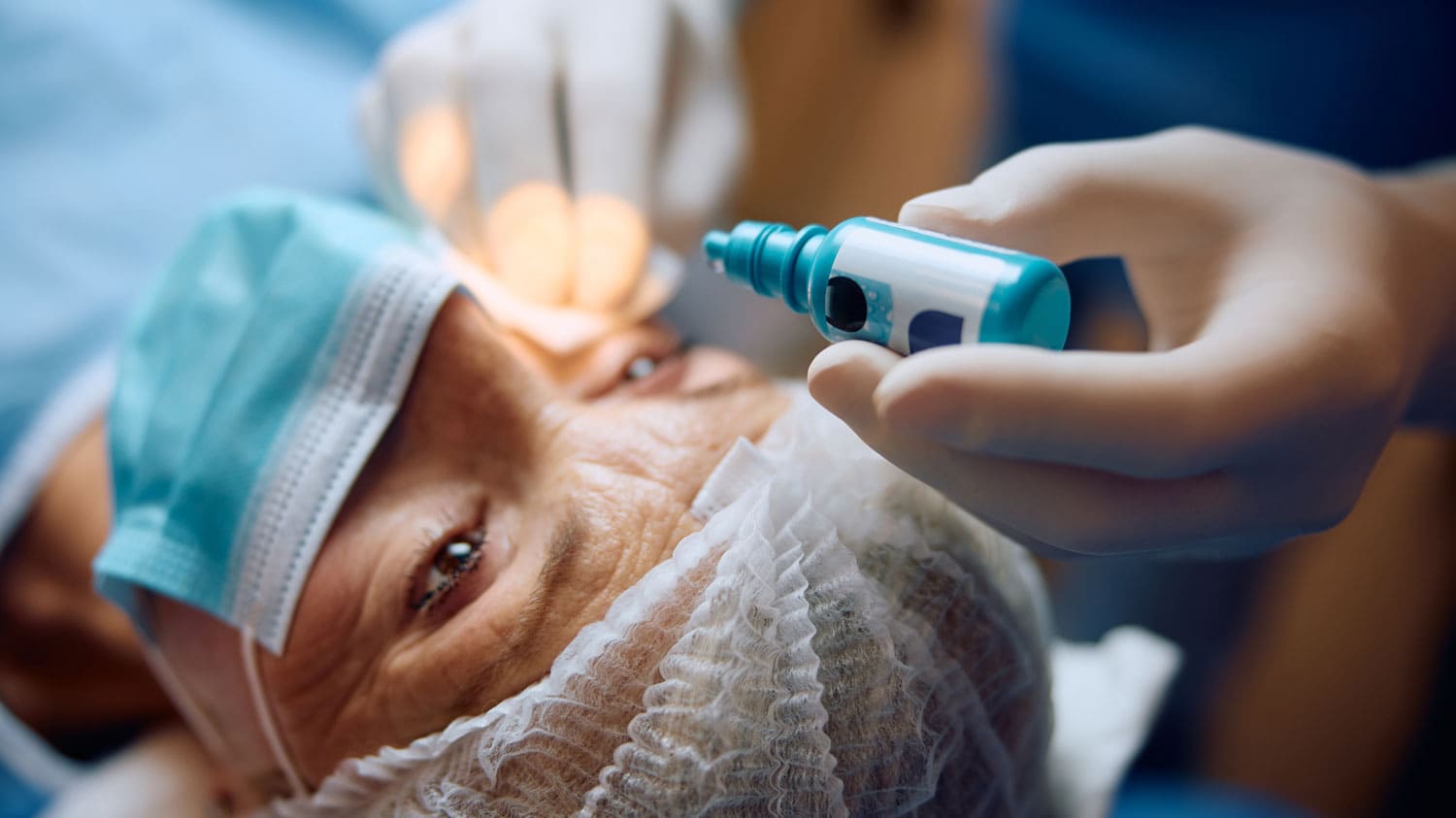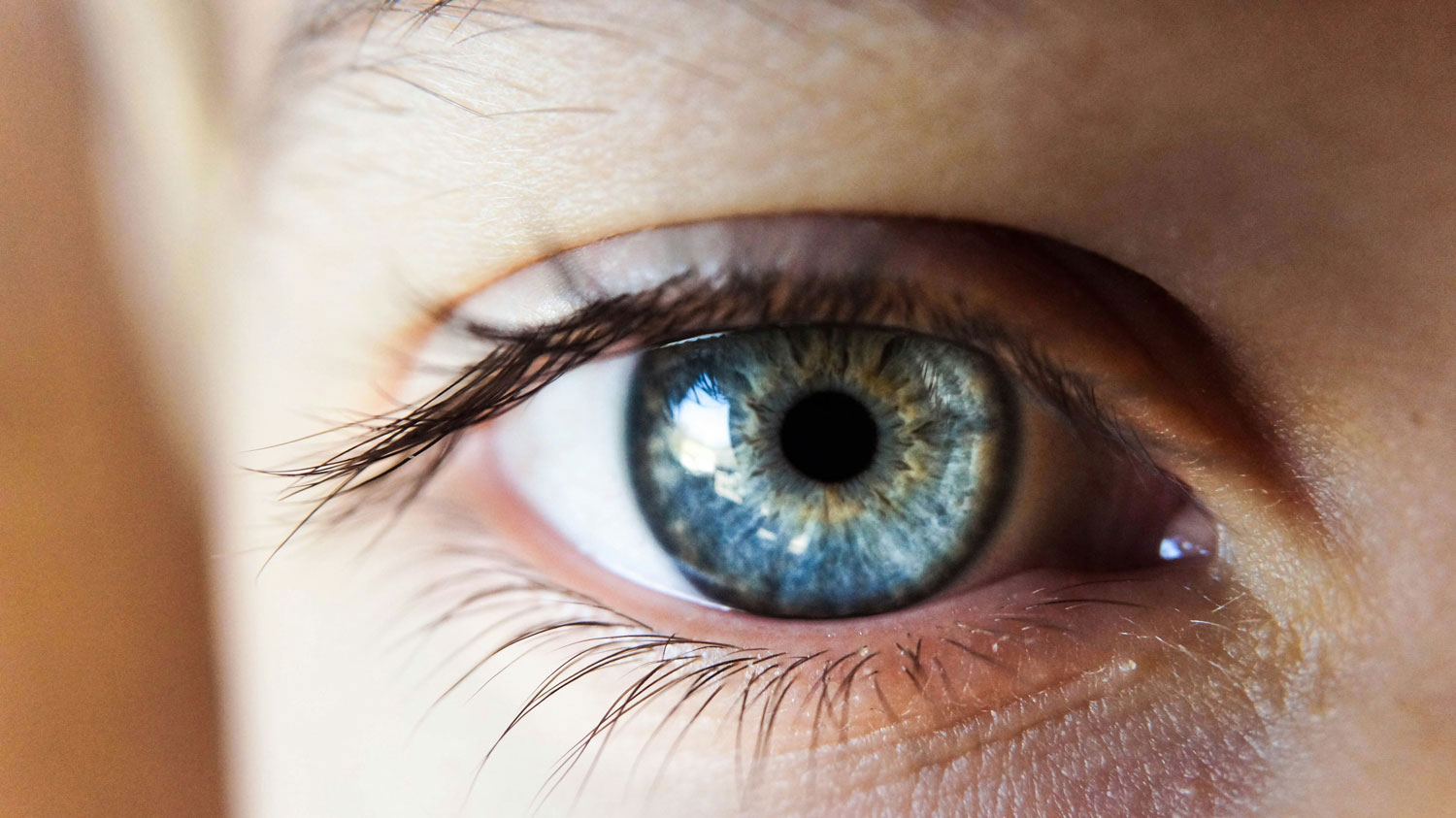
IN THIS VIDEO PROF MOHAMMED MUHTASEB EXPLAINS WHY YOU SHOULD NOT DELAY CATARACT SURGERY
What happens if you delay or don’t have cataract surgery?
The timing of refractive cataract surgery, refractive lens exchange or any surgical intervention is critical. I need to know that the patient is completely comfortable with their decision to undergo a surgical procedure. If I feel that a patient is not completely comfortable with the decision that they’re taking, for whatever reason, I’d rather they took some time to consider it and meet me again. Once the decision has been taken, then cataract surgery and refractive lens exchange are safe procedures.
If a cataract is left to become very dense and thick, the risks of the surgery do increase. That’s well established and has been well documented in clinical studies and published papers.
The risks of delaying cataract surgery are that the cataract can get thicker and denser. The risks of the surgery don’t increase very much until a cataract is very dense and very thick.
Don’t let post-COVID cataract queues delay you from getting the treatment you need. Book a call with Cat today
Speak with us over the phone, and get a clear answer on your cataract surgery options from the comfort of your home. You’ll also discover the little known possibility of fixing your reading and/or distance vision at the same as you fix your cataracts. Book your call above today.
If the cataract is mild to moderate in thickness, waiting a little bit of time to consider your options doesn’t tend to increase the risks very much. But waiting for the cataract to become very dense can raise the risks.
In terms of refractive lens exchange, patients should and ought to spend time considering the risks versus benefits and make sure that they’re completely comfortable with the decision that they’re making.
Patients do come back and share the improvement it has made on their lifestyle; how much they’re able to do without needing their glasses and contact lenses. Many people do say how they wished they had done this some years before. Delaying is absolutely fine and patients should feel comfortable with the decision that they’re making. The flip side of that is the amount of time unrestricted by glasses and contact lenses that a patient may have had, had they had the intervention earlier.
I invite you to book a consultation to determine your suitability for refractive cataract surgery or refractive lens exchange. It’s the only way to determine your suitability for these procedures and to have an in-depth discussion regarding the risks and benefits of each of them. I look forward to seeing you there and taking you through the journey to achieving your desired postoperative outcome.
Share This Story, Choose Your Platform!
ABOUT THE EXPERT
Prof Mohammed Muhtaseb, FRCOphth
Consultant Cornea, Cataract and Refractive Surgeon
iLase is the private practice of Consultant Ophthalmic Surgeon, Prof Mohammed Muhtaseb. Based in South Wales, he is one of the very few ophthalmologists working in the UK who is a fellowship-trained specialist in Cornea, Cataract and Refractive Surgery. He holds full specialist registration with the General Medical Council and was appointed as a Consultant in the NHS in 2006.




